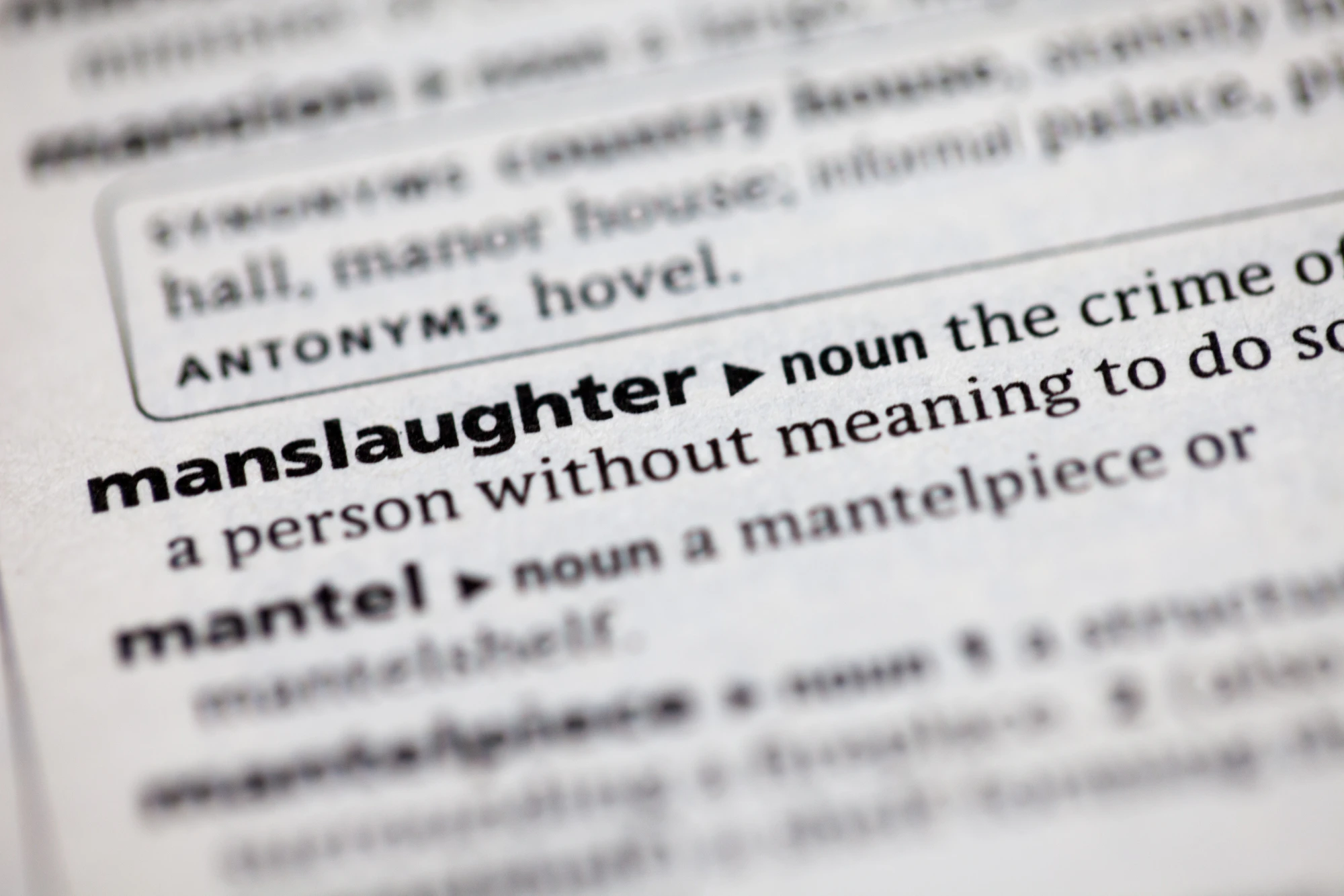The Lone Star State takes self-defense seriously, and murder in self-defense in Texas can be an effective defense to homicide charges in which victims were required to defend themselves or another party against danger.
There are limits to self-defense defense strategies, and situations that might seem like clear instances of self-defense might not always appear that way to the court. This is why, even if you were the victim who acted only to prevent harm from coming to yourself or others, it is crucial that you hire the best criminal defense lawyer that you possibly can.
You cannot count on the justice system to get things right. Hiring a Fort Worth murder lawyer to be your ally throughout your trial could represent the difference between a murder charge and a charge of murder in self-defense in a Texas court. If you or a loved one has been accused of murder or assault and acted in self-defense, call the lawyers at Sellers Law Firm today at (817) 928-4222 and ask them to defend your freedom.
The Castle Doctrine and Stand Your Ground laws
When people reference the Texas self-defense laws, what they are really talking about is the Castle Doctrine and the Stand Your Ground laws.
The Castle Doctrine is the colloquial title for Texas Penal Code § 9.31. This section contains the specifics on self-defense in Texas, stating that “a person is justified in using force against another when and to the degree the actor reasonably believes the force is immediately necessary to protect the actor against the other’s use or attempted use of unlawful force.”
The Castle Doctrine was updated in 2007, expanding Stand Your Ground protections to encompass locations other than the home, and no longer requires a lawful actor to retreat.
Because the statutory language is quite vague, we’re going to break down the elements of a self-defense defense and illustrate a few factors that can be the difference between a murder conviction and an affirmative defense in self-defense.
Elements of self-defense in Texas
For an act of self-defense to be considered justifiable, and therefore act as an affirmative defense to murder and assault charges in Texas, a handful of criteria must be met.
- Reasonable belief of imminent danger. The person claiming that they acted in self-defense must have had a reasonable belief that they were in imminent danger of suffering bodily harm or death. The threat must be immediate and credible.
- Proportional response. A person is only justified in using force if the force used in self-defense is proportional to the threat faced. Deadly force, such as the use of a firearm, may only be used if there is a reasonable belief that it is necessary to protect against imminent, deadly harm.
- Reasonable belief of unlawful entry. In cases where self-defense is invoked to protect against an intruder, the person claiming self-defense must have a reasonable belief that the intruder unlawfully entered or attempted to unlawfully enter their dwelling, vehicle, or place of business.
While other states have a duty to retreat, the Stand Your Ground laws in Texas allow individuals to stand their ground and defend themselves if they reasonably believe that using force is necessary to protect themselves or others.
The line between murder and murder in self-defense in Texas
While Texas law provides that every individual has the right to defend themselves, there are limits on which self-defense is considered justifiable. The following situations are situations in which self-defense might not be an applicable defense to a murder charge:
- Use of excessive force. The amount of force used in self-defense must always be proportional to the threat faced.If a person uses more force than necessary to neutralize the danger, it can be seen as excessive and potentially lead to criminal charges.
- Retaliation and provocation. Self-defense cannot be used as a justification for retaliation or provocation. If an individual initiates or escalates a confrontation and then uses force, it may be deemed as aggression rather than self-defense.
- Lack of reasonable belief. The person claiming self-defense must have had a reasonable belief that they were in immediate danger. If their belief is found to be unreasonable it will weaken the argument for self-defense.
- Legally protected locations. Though not impossible, self-defense claims may be more difficult to justify if the incident occurs outside of a location that the defendant has a legal right to protect.
Essentially, even if you were acting in self-defense and obviously had no other options, it will still be up to your defense attorney to prove it.
The difference between murder and murder in self-defense in Texas might be your defense attorney
What counts as murder in self-defense in Texas? If a defendant were protecting themselves or others from imminent danger using a proportionate amount of force, they’ve got a good chance at a successful defense for a murder charge in Texas.
Understand that self-defense is an affirmative defense to a murder charge in Texas. Those who commit an act of self-defense often still have to fight homicide or aggravated assault charges. If you or a loved one committed an act of self-defense and are facing criminal charges, you need to hire a defense attorney who will fight like your freedom depends on it — because it very well might.
The attorneys at Sellers Law Firm have secured Not Guilty verdicts for clients accused of murder, assault, and everything in between. Whether you’re facing a charge of criminally negligent homicide or need aggravated assault defense attorneys, the trusted and experienced criminal defense attorneys at Sellers Law Firm can give you top representation and fight for your freedom in a court of law.
Call the attorneys at Sellers Law Firm today at (817) 928-4222 or contact us online for a free consultation today.
More Helpful Articles by Sellers Law Firm
- The Different Types of Murder Charges in Texas
- The Difference Between Murder Vs. Manslaughter in Texas
- What is the Penalty for Violating the False Claims Act?
- How Long Do Sex Offenders Have to Register in Texas?
- What is the Penalty for Carrying Weed Across State Lines?





